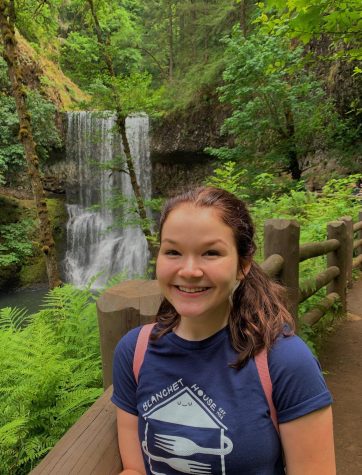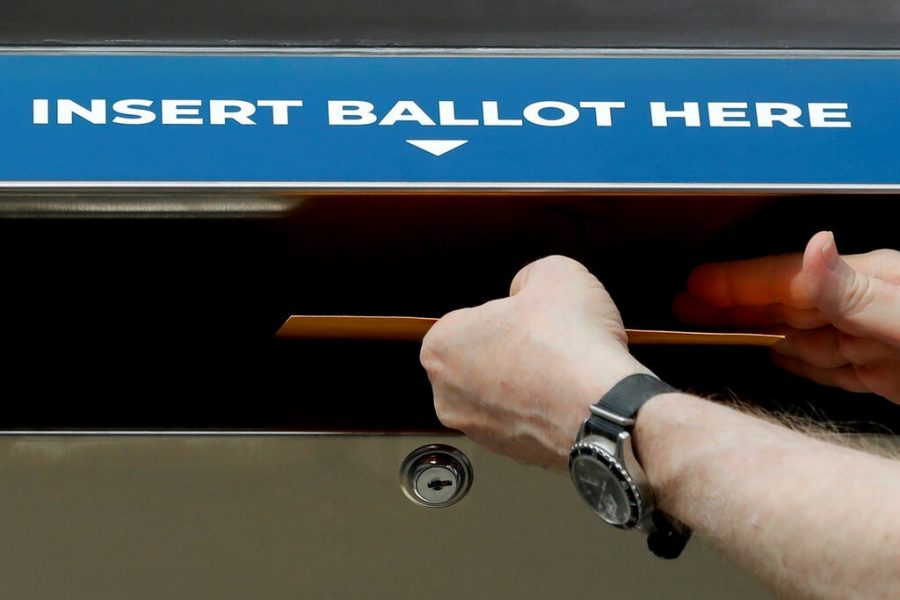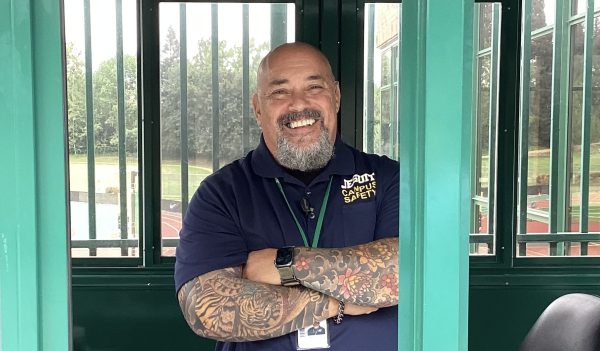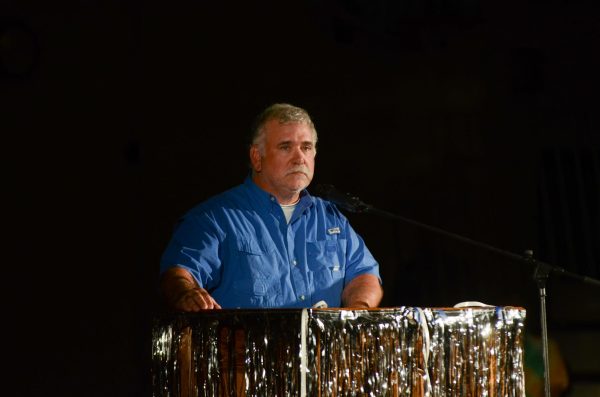How Does Voter Suppression Impact Americans?
As the 2020 Presidential Election between candidates Joe Biden and Donald Trump grows closer, it seems as though every day there’s a new story about how voter suppression could impact the results of the election.
Throughout the last decade, states across the country have implemented voter restrictions that intentionally suppress voters of certain marginalized groups. There are various types of voter suppression:
- Voter I.D laws, which require voters to present a government-issued I.D. to vote and leave no meaningful fallback options for those with no I.D.
- Polling location closures, when voters are not notified or aware that their local polling place was closed or relocated.
- Voter purges, an often-flawed process of cleaning up voter rolls when someone becomes deceased or moves by deleting names from registration lists (Brennancenter.org)
- Voter registration restrictions, such as strict photo identification requirements and early voting cutbacks.
One of the most well-known instances of voter suppression was in 2017, when Georgia enacted an “exact name” law that required voters’ names on their registration documents to exactly match the names on their forms of I.D.
“I have an apostrophe in my name, but in some computer systems it doesn’t take the apostrophe…So if I were to have my registration with an apostrophe but my driver’s license without an apostrophe, that could mean I’m disenfranchised,” junior Michael O’Rourke said. “I’m overhearing that for people in the Asian community with hyphenated names, this can be a much bigger problem [for them] than for someone with a name like John Smith.”
Voter suppression efforts in the U.S. have a history of targeting members of racial minorities. Following the election of first Black President, Barack Obama, twenty states implemented new restrictions on the right to vote, as well as closing polling places in predominantly Black and Latinx communities (publicintegrity.org).
“[Voter suppression] consistently seems to be directed more towards minorities,” junior Astrid Foster said.
A recent order from Texas Gov. Greg Abbott, stating that Texas counties may collect mail-in ballots at one location per county, caught the attention of the media. Some argue that this mandate disproportionately restricts lower-income voters, older voters, voters of color and voters with disabilities (Texas Tribune).
“The counties in Texas vary from rural, sparsely populated counties to cities like Houston with millions of [residents] and giving both counties one dropbox is a huge disparity, and just unfair for the people to have to bypass millions of other voters to get their early vote in,” said Michael O’ Rourke.
Other instances of voter suppression have appeared in the weeks leading up to the election, including a cut cable causing the entire Virginia voter registration system to go down on the last day to register to vote (WUSA9), fraudulent ballot boxes placed by government officials around the state of California (New York Times) and nearly 100,000 invalid absentee ballots, with wrong names or addresses, sent to New York voters (New York Times).
Both Republicans and Democrats emphasize that the full participation of its citizens is imperative to the success of a democracy (Americanprogress.org), but with so many Americans subject to voter suppression, this can be difficult to achieve.
“I personally believe that we can’t have a successful democracy unless every person’s vote is taken into consideration, and if everyone is not given the opportunity to express their voice, then it’s not really a democracy,” Astrid Foster said.









